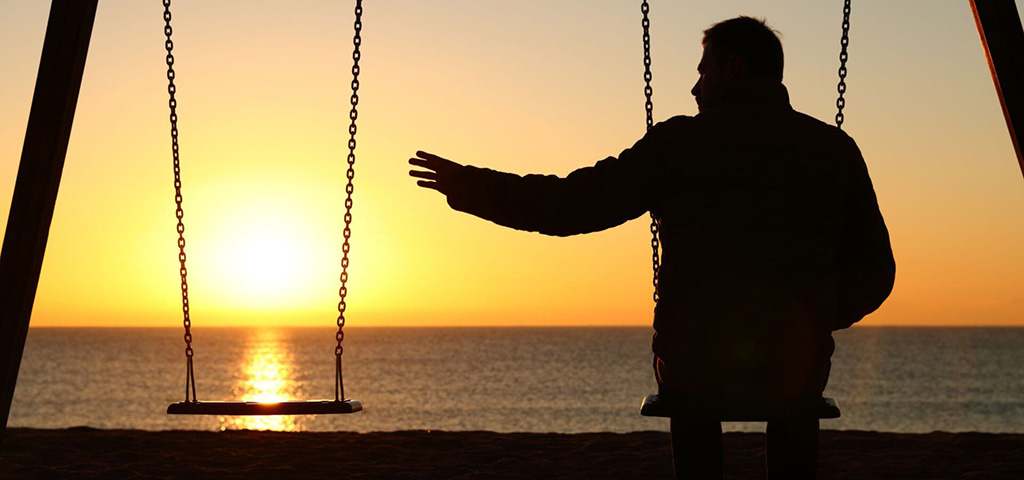
Zooming Across the Globe
January 30, 2023
Step Three Requires Follow-up
February 24, 2023
Then he will know loneliness such as few do.
When I was out there drinking, over the years, I began to drift further and further away from reality as my alcoholism progressed. This tore apart the relationships with my wife and kids, co-workers, and long-time friends – anyone who loved or cared about me at all. The only time I was able to get out of my head was when I was good-n-drunk. But, I sure didn’t expect these feelings of loneliness to continue on in sobriety.
When I started my journey of recovery from alcoholism, I was determined to stay on a positive life path despite not knowing how to cope with loneliness in recovery. I knew it would be a challenge. I also knew that if I wanted to make real and lasting changes, it would take dedication and hard work. So, in order to help me stay focused, I adopted the acronym HALT – Never get too Hungry, Angry, Lonely or Tired. This was a reminder for me to stop and think before acting whenever these emotions threatened to overwhelm me. It was a simple but powerful tool in my recovery journey that kept me grounded and focused on the future.
Is This What They Mean By Feeling Stuck?
Loneliness is an emotion that creeped up on me unexpectedly in recovery. Looking back, I can’t really say exactly why or how it happened. I was doing everything my sponsor suggested, praying daily to my Higher Power, working the steps to the best of my ability and in general, staying busy. Sure, I was sober and life was immensely better in so many ways from putting down the drink. But, at the same time, I also felt disconnected and isolated; even when I was surrounded by people. I was sober, but felt lonelier than ever because I no longer had my “liquid escape.”
It eventually led to depression, anxiety, and other mental health issues – even in a room full of people I could feel totally alone. Looking back now, I think I felt lonely due to the lack of meaningful connections or feelings of belonging. But, that’s just a theory. Well, that and my genetic roots. But, what can you do about it? Loneliness is not something that should be taken lightly; it’s a real emotion that needs to be addressed in order to prevent further mental health issues from coming up.
Although I have gone through extremely difficult times with loneliness while drinking, now that I’m sober, it was time to find other ways to manage these feelings in order to be successful in my work and at home with my family. I am fortunate enough to work in the mental health field, which has allowed me to be surrounded by people who understand and can help me stay on track. In the past, I used alcohol as a coping mechanism, but now I use healthier coping methods such as mindfulness and meditation among other tools.
How To Prevent Isolation
Loneliness can be a difficult emotion to manage and can have an adverse effect on our mental health if we start to isolate. But there are ways to combat loneliness in recovery and make sure that we don’t feel isolated and alone. Being around positive people can have a huge impact on our overall wellbeing. It can make you feel more energized and motivated, and can help keep negative thoughts at bay. The idea of HALT is a great way to remember the signs needed to take a break or reach out for support from someone positive in your life. When we can recognize signs of loneliness and take steps to be around positive people, it can help us stay in a better mental state and allow us to make healthier choices for ourselves and those around us.
Another way to manage loneliness is by communicating with loved ones and people in your support group. It’s important that we stay in touch with people who care about us and who understand us by making an effort to build meaningful connections with them. We should also take time for ourselves and practice mindful meditation, which can help us stay grounded and connected to our emotions.
Here’s a useful list of ways to cope with loneliness in recovery:
- Join a support group
- Create a strong support network
- Spend quality time with family and friends
- Communicate with loved ones
- Get involved in volunteer work
- Seek new opportunities to meet people
- Practice mindfulness meditation
- Physical exercise
- Artistic endeavors
By Anonymous



